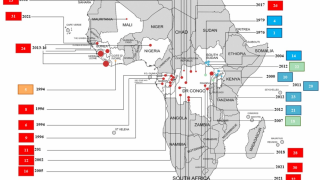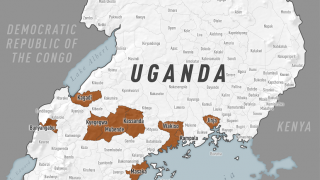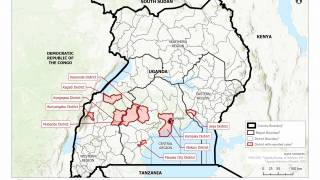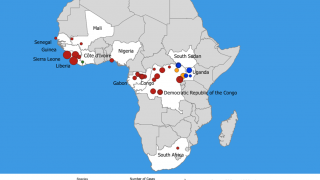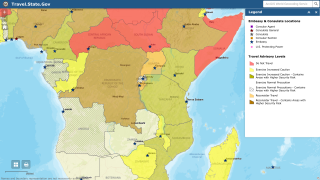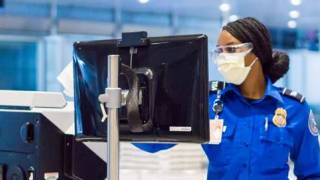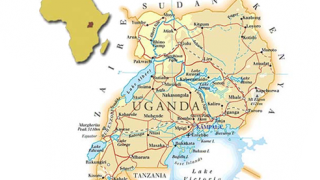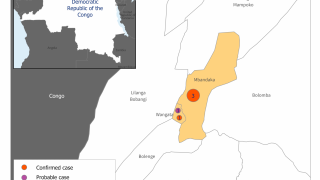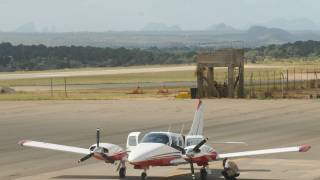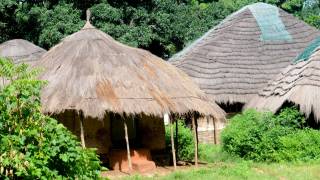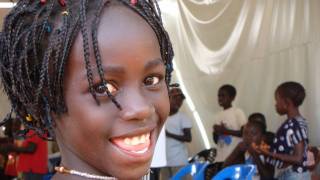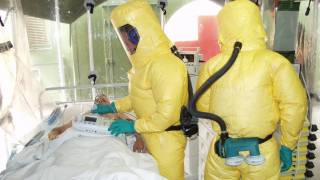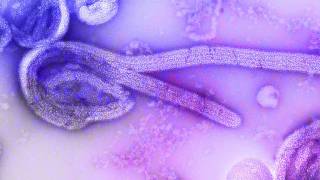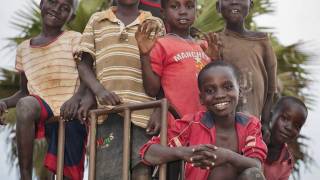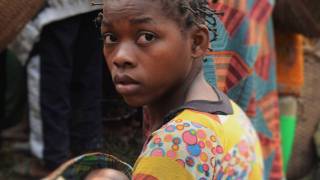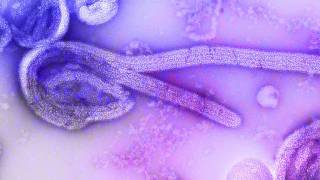Highly Diluted Ebola Vaccine Found Effective in Monkeys
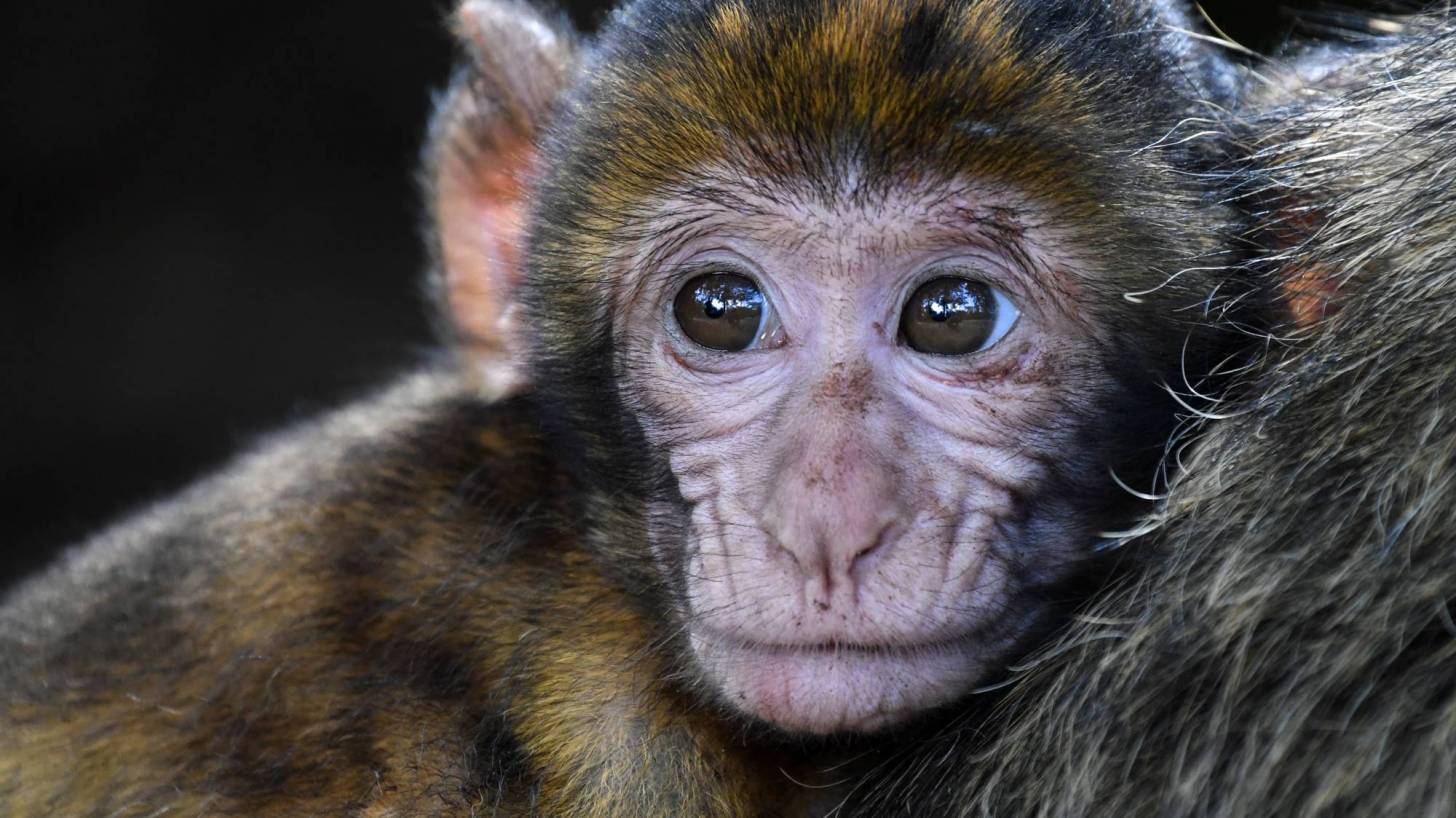
A single-dose of a highly diluted VSV-Ebola virus (EBOV) vaccine remained fully protective against disease in experimentally infected monkeys, according to the National Institutes of Health (NIH) scientists.
In this NIH study published on October 17, 2019, the EBOV vaccine was diluted by approximately one-millionth of what is in the vaccine being used to help control the ongoing Ebola outbreak in the Democratic Republic of the Congo (DRC).
This is important news since the continued need to vaccinate individuals in the DRC and surrounding countries may create a potential shortage of the VSV-EBOV vaccine.
The reduction of the vaccine dose would automatically increase the current vaccine inventory, likely increase vaccine safety, and ease the burden on future vaccine production, said these researchers.
VSV-EBOV is based on a live-attenuated vesicular stomatitis virus and delivers an EBOV protein to elicit protective immune responses.
These NIH investigators said in a press release on October 18, 2019, they completed the vaccine dosage study using cynomolgus macaques and an updated vaccine component to match the EBOV Makona strain that circulated in West Africa from 2014-16.
Nearly 250,000 people have received the investigational VSV-EBOV (v920) vaccine from Merck since August 2018, as part of a "ring vaccination" program to help stem the outbreak.
Currently, the recommended human dose for VSV-EBOV vaccination is 2 × 107 PFU by single-site administration. This dose is given for any vaccination approach, including ring vaccination.
The VSV-EBOV (v920) vaccine appears to be safe and highly effective, says the NIH.
Merck has announced that it has submitted a biologics license application to the U.S. Food and Drug Administration.
Scientists from NIH's Rocky Mountain Laboratories (RML), part of the National Institute of Allergy and Infectious Diseases (NIAID), tested several dosage strengths, including one with 10 million plaque-forming units (PFU).
They determined that a vaccine with 10 PFUs was just as effective as the highest dose tested (a dose which was still lower than the one currently in use in the DRC). They vaccinated macaques 28 days prior to infecting them with a lethal dose of EBOV and then monitored the animals for 42 days after infection.
Even the macaques given the lowest dose appeared completely protected from disease due to EBOV.
The scientists say their study findings could help make more vaccine available for more people and may reduce adverse reactions to the vaccine because of the smaller amount of active ingredient.
Such reactions can include injection site irritation, headache, fatigue, fever, chills, myalgia, and arthralgia. Demonstrating that the vaccine appears effective with adjusted dosing also could ease the burden on vaccine production.
The authors say that although results from preclinical and clinical studies can differ, these promising findings in macaques of complete protection with a lower-dose VSV-EBOV vaccine help support the possibility of similar clinical trials in people.
The NIAID conducts and supports research--at NIH, throughout the United States, and worldwide--to study the causes of infectious and immune-mediated diseases, and to develop better means of preventing, diagnosing and treating these illnesses.
About the National Institutes of Health: NIH, the nation's medical research agency, includes 27 Institutes and Centers and is a component of the U.S. Department of Health and Human Services.
Visit here for more information about NIH and its programs.
Ebola Vaccine information published by Precision Vaccinations
Our Trust Standards: Medical Advisory Committee



